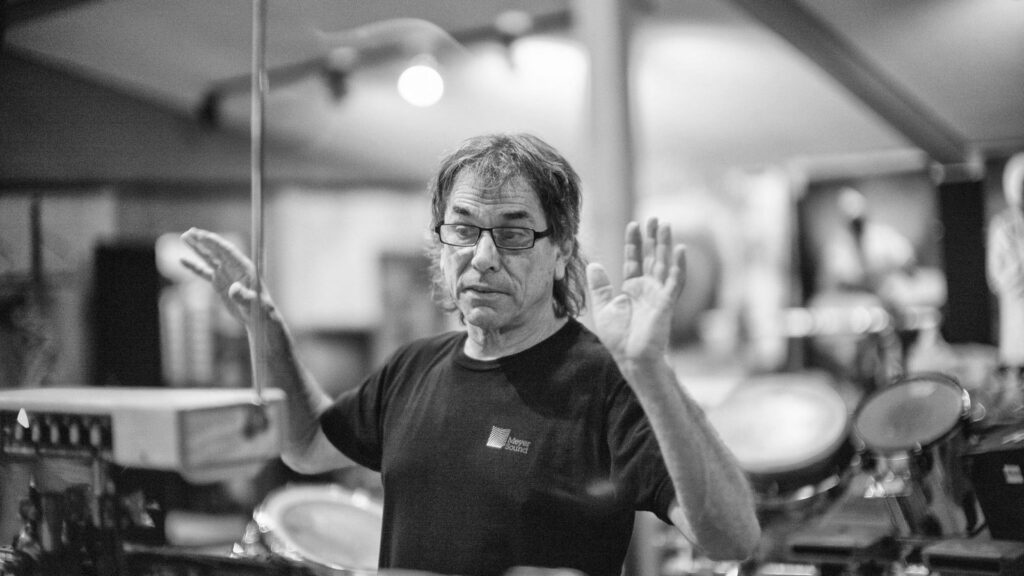

This article appeared on CNN online on May 16, 2019
(CNN) I bet you’ve never thought about what it would mean to set aside half the planet for all the creatures that thrived just 200 years ago. To tell you the truth, until recently, neither did I.
That’s because I live in the forest in Northern California, where deer, wild turkeys, egrets, acorn woodpeckers, and stellar jays surround me every morning, and where I can pound out my own rhythms along with the cacophony of frogs each night.
In places where you can see and hear nature’s beauty regularly, it can sometimes be easy to forget — if only for a moment — that right now nature’s rhythm is dying because we’re killing the Earth.
My time with Dr. Wilson brought me to a revelation — that our destruction of this planet is entirely arrhythmic, the opposite of creation. We have lost our groove, lost our place in the grand musical composition called life.
And killing the thing you love the most seems like a pretty stupid idea to me. I am hoping to contribute to the solution by participating in the Earth’s Call live stream concert in Aspen, Colorado, on May 18. Earth’s Call is a new nonprofit that is finding and funding innovative solutions to the climate crisis, and the event is a celebration and call to action.
My fascination with the rhythms of our planet — and the universe beyond — goes way back, and exploring them has always been a passion for me in my long, strange musical journey, which began with the Grateful Dead more than five decades ago. It has also led me to the realization of how closely our universal soundscape is tied to nature and its voices. As an artist, I have had no choice but to become a passionate environmentalist and an active preservationist of the natural world.
About three years ago, I was lucky to spend a day with Professor E.O. Wilson, who has been called the father of biodiversity. I was already a fan of his Pulitzer Prize-winning work on ants — I even named my CD “Superorganism” after his book. He explained to me that the world’s non-human creatures have been in a precipitous decline as the human population has ballooned from less than a billion 200 years ago to the 7.6 billion that occupy our planet today. By 2050, the human population is projected to be 10 billion.
Wilson strongly argued that, if we don’t set aside half of the earth for all non-human species, we will quickly lose everything we rely on for our own life support. Like the food chain, there is a biological domino effect that depends on the survival of myriad species, ones we might ordinarily give short shrift.
I’ve known and physically experienced the link between the micro within us and the macro out there. When I drum, and especially when I connect with the audience, something happens — a synchronization and synergy that goes way beyond us, upwards and outwards to connect us to a larger rhythm, and all the way back to “Beat One,” the downbeat, the Big Bang. It feels like we are all part of this first moment, from 13.8 billion years ago: the first light, the first sound.
For years, I have been recording and sonifying the physical and biological world, including radiation (light) from planets, stars, photosynthesis, brain waves, stem cells, organs of the human body, and trees. Together with collaborators, including MacArthur fellow Steven Feld (“Voices of the Rainforest,” 1991), Nobel Prize-winning astrophysicist George Smoot (“Rhythms of the Universe,” 2013), and neuroscientist Adam Gazzaley (“Superorganism” 2013), I’ve researched how amplifying the sonic resonance of the universe — the movement of time and space — allows us to hear it most profoundly.
The natural world has endless rhythms and cadences. It’s just that they’re pulsing and beating above and below our abilities to hear them. In our everyday lives, the resonance of the universe goes over our heads or under our feet — humans have very low bandwidths. But if you take the sonified frequencies of these natural objects, you can turn them into sound using a powerful algorithm.
My time with Dr. Wilson brought me to a revelation — that our destruction of this planet is entirely arrhythmic, the opposite of creation. We have lost our groove, lost our place in the grand musical composition called life. Like Dr. Wilson, and so many others, I am concerned about the creeping and devastating impacts of climate change on the biodiversity and basic ecosystem functions of our planet. If this continues, we’ll lose everything: we’ll lose home, we’ll lose Earth.

